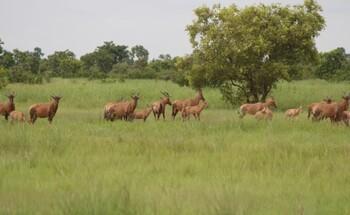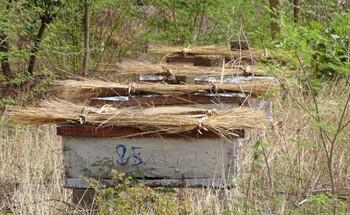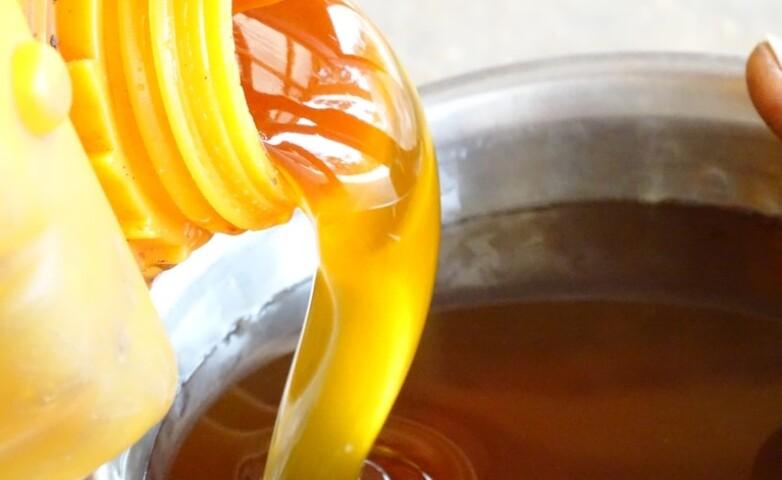Context
Germany has been supporting the sustainable management of the WAP region – comprising the three national parks W, Arly and Pendjari in Benin, Burkina Faso and Niger and their neighbouring areas – for many years. An important milestone was reached in 2017 when UNESCO recognised the savannah conservation areas as a World Heritage Site. In 2022, the three countries established a regional secretariat to jointly manage the World Heritage Site and its surrounding areas (transboundary biosphere reserve) based on an agreement concluded in 2019, but this is not yet fully functional.
However, due to high poverty levels and increased demand for land for agriculture and livestock farming, the local population continues to put significant pressure on the natural resources of the protected areas. For some time now, a tense security situation triggered by terrorist activities and displacement has been exacerbating poverty.



